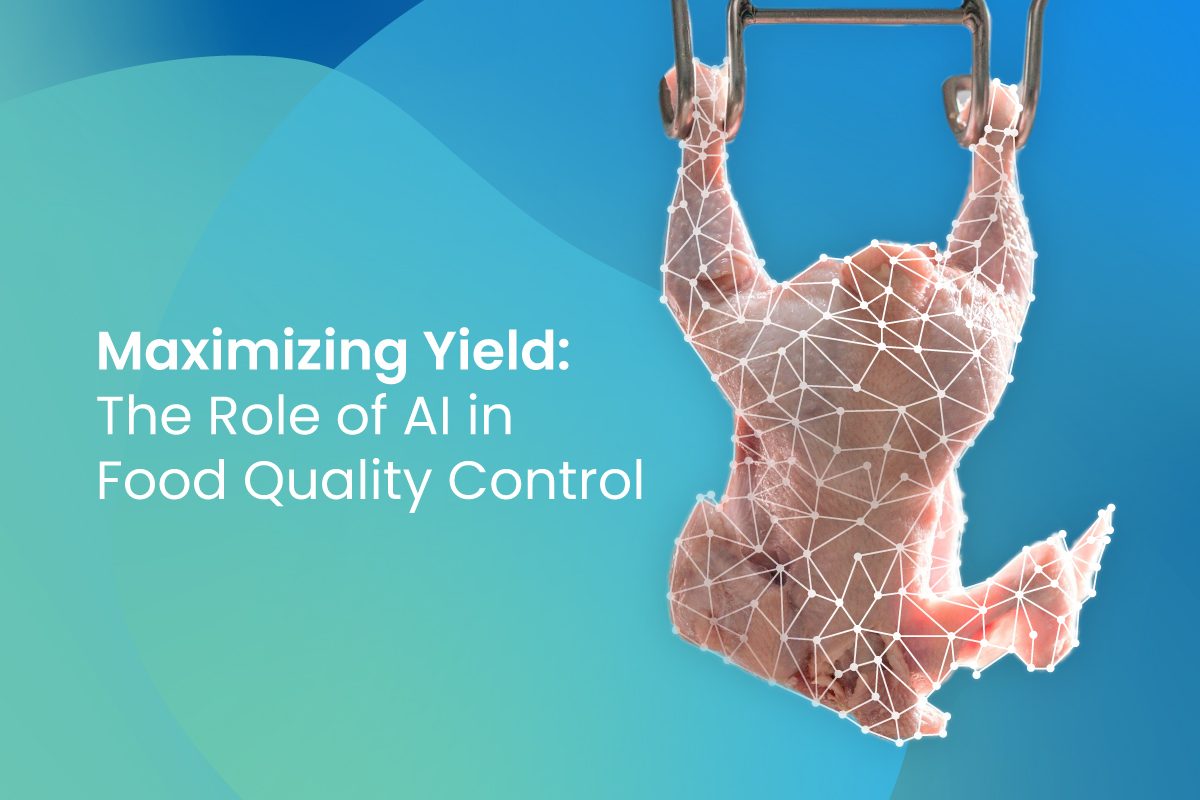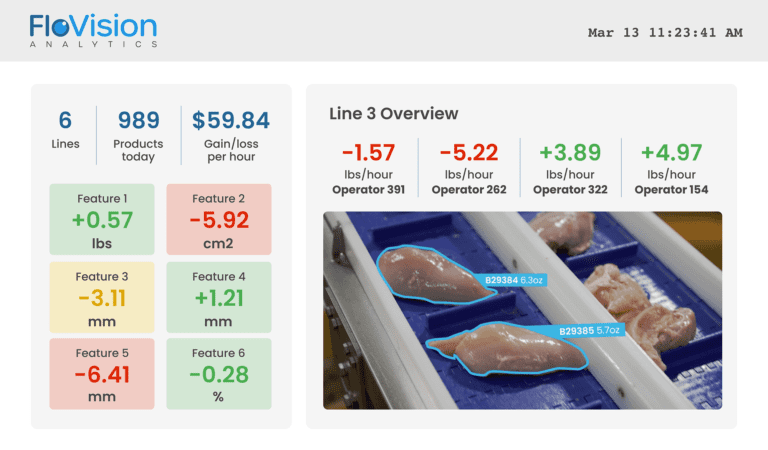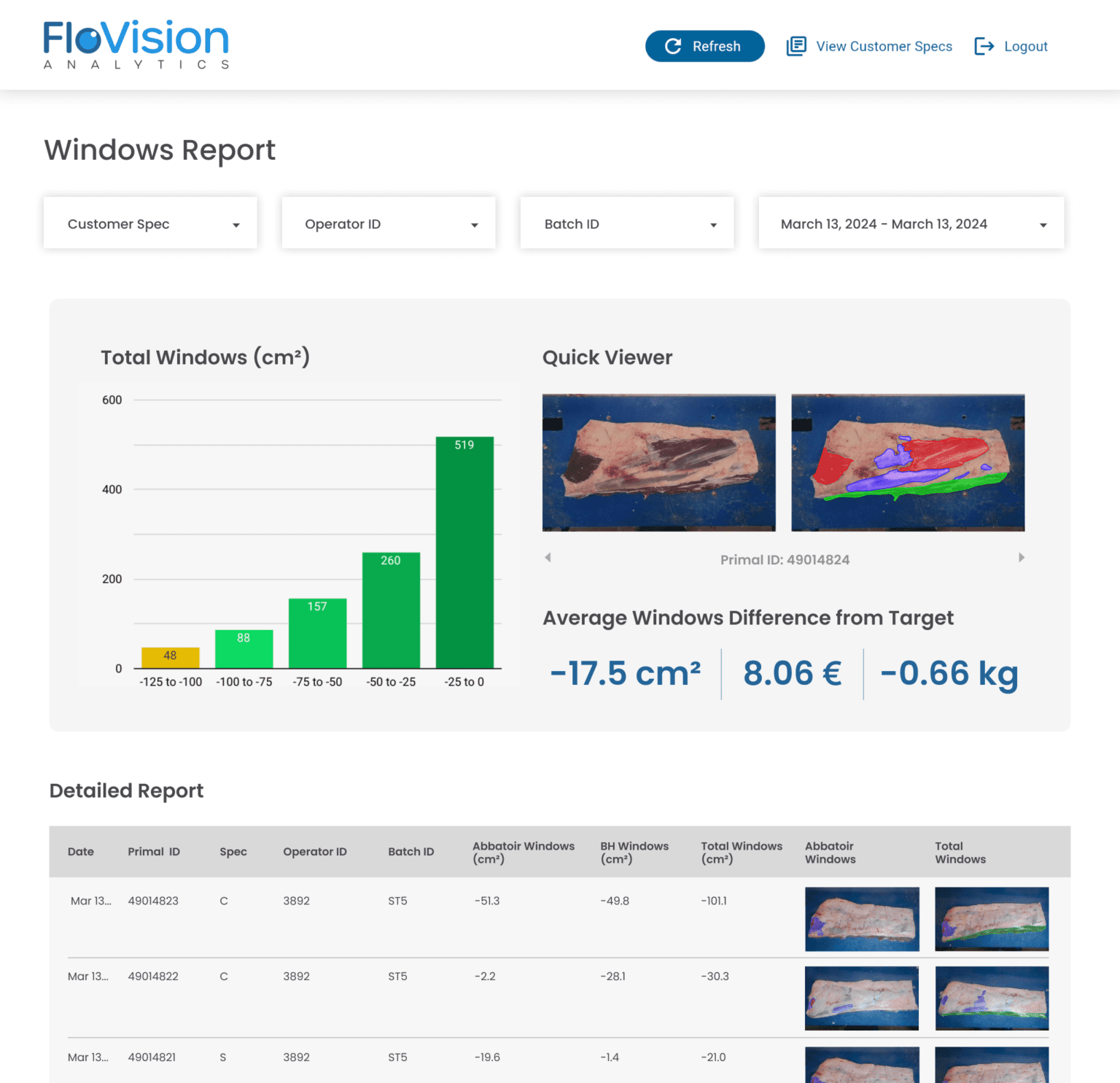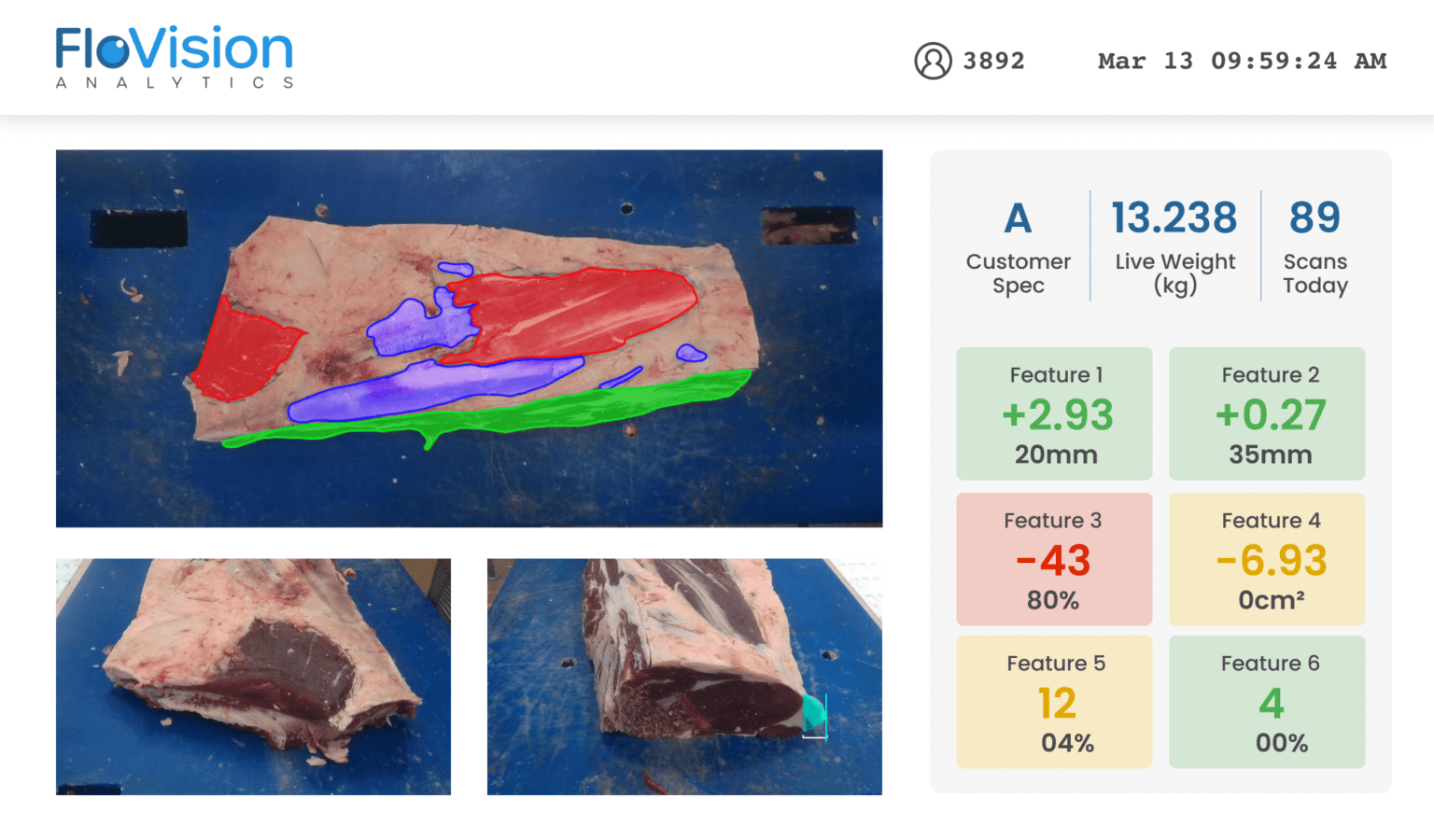
The Environmental and Economic Impacts of Food Production
The issue of food waste presents considerable environmental challenges, particularly its contribution to climate change. Food in landfills decomposes, releasing methane and other greenhouse gases that accelerate climate change. This disrupts weather patterns and ecosystems and presents severe human health risks through air pollution and extreme weather events. From an economic standpoint, inefficient food quality control leads to substantial financial losses along the entire supply chain. These losses occur from the initial stages of farming to the end consumer, diminishing investment returns in production and leading to higher costs for consumers. Therefore, robust food quality control systems are crucial for maintaining both profitability and competitiveness in the food processing industry.Embracing AI for Enhanced Food Quality Control
Artificial Intelligence (AI) stands at the forefront of modern solutions in tackling food waste and improving yield. AI-enabled camera systems represent a significant advancement, providing real-time monitoring, alerting, and analysis of food products. This technology enables processors to make instant, precise adjustments to their production processes, improving significantly upon human-dependent quality control measures. Furthermore, AI’s capacity to analyze vast amounts of data offers unparalleled insights into patterns across production lines. By comprehensively tracking and evaluating large-scale trends, food processors can identify where waste and errors repeatedly occur, as well as the sourcing locations that provide the most valuable end product. Processors can then implement targeted interventions and optimize product quality from sourcing to packaging."This technology enables processors to make instant, precise adjustments to their production processes, improving significantly upon human-dependent quality control measures."
Innovating for Sustainability and Efficiency
AI technology is not only about enhancing current processes but also a stepping stone towards a more sustainable and efficient future in the food processing industry. By integrating AI-driven systems, companies are not just investing in operational efficiency and profitability. They are also demonstrating a commitment to environmental conservation and responsible production practices. For food processors, the adoption of AI solutions like advanced camera systems and big data analytics represents a strategic and necessary evolution. These technologies offer a pathway to meet the growing global food demand in a manner that is both environmentally sustainable and economically viable.The Road Ahead: A Vision for the Food Processing Industry
As the food processing industry continues to evolve, the role of AI in enhancing food quality control becomes increasingly significant. By reducing waste and optimizing yield, AI technologies are pivotal in driving the industry towards a more sustainable, profitable future.
The integration of AI into food quality control presents an exciting opportunity for industry leaders. It’s a chance to redefine the norms of food processing, setting new standards for efficiency, sustainability, and environmental responsibility. As these technologies become more widespread, we can anticipate a significant positive transformation in how food is processed.
A More Sustainable and Efficient Future for the Food Processing Industry
AI systems play a crucial role in reducing food waste, maximizing yield, and enhancing the environmental and economic sustainability of the food industry. For food processors aiming to remain competitive, exploring AI solutions is a strategic move. Adopting these technologies is not only an investment in improved efficiency and profitability but also a commitment to environmental stewardship. As we move forward, the continued adoption of these advanced food quality control measures will be pivotal in shaping a more responsible and profitable industry.FLOVISION NANO
Compact AI sensor to measure yield and quality at production speed.




